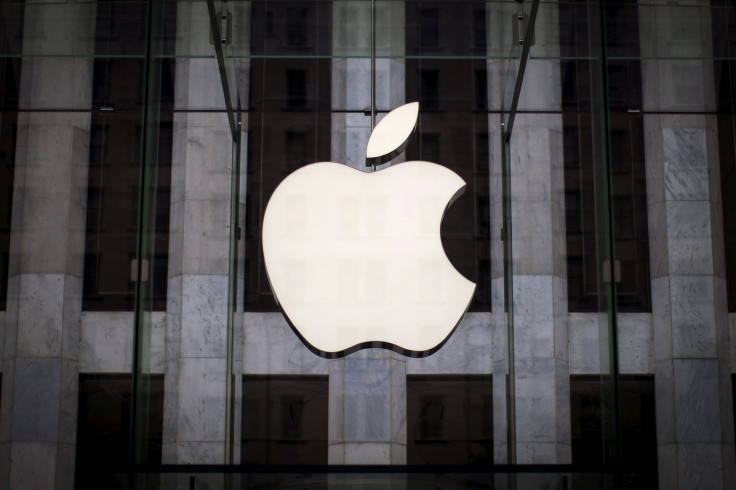Apple registers patent for what could be a dual SIM iPhone

Apple may finally release a dual SIM iPhone in the near future. The Cupertino, California-based company just registered a patent for a dual SIM technology that involves two separate antennas. A dual SIM iPhone sounds like a good idea, but it also has its downside.
READ: Apple iPhone 7 vs Google Pixel camera comparison: Here comes a new challenger [VIDEO]
The information provided on the website of the United States Patent and Trademark Office (USPTO) states that Apple has been granted rights to a dual SIM technology with two antennas. The patent describes how the new Apple feature enables the use of two SIM cards in a mobile device and how the device determines SIM priority. If a SIM card is being actively used for a phone call in any given moment, that card is given priority over the second SIM that also actively uses data.
The dual SIM technology, which is fairly common in Android devices, may not be used by Apple right away. Before the launch of the iPhone 7, there were actually rumours that circulated claiming the handset was to have a dual SIM variant. The Asian and Chinese markets are big enthusiasts of dual SIM phones, and it’s possible that Apple has them in mind with this “new” technology. But Apple fans should be thankful that didn’t come to fruition.
The iPhone 7 battery is one of the least powerful smartphone batteries in the industry, especially considering the iconic status of the Apple handset and its competitors. The iPhone has never crossed the 3,000 mAh mark with its batteries, previous generations and models included. The iPhone 7 only has 1,960 mAh battery capacity and it drains considerably fast compared to rivals Samsung Galaxy S7 and Google Pixel.
READ: Samsung Galaxy S7 vs Apple iPhone 7 vs Google Pixel: Battery performance test and comparison
A dual SIM iPhone would drain its cell even faster, as most battery-consuming dual SIM phones naturally do. Before Apple implements its new patent, should the tech giant actually use it on future releases, it must first adequately boost its flagship handset’s battery.




















